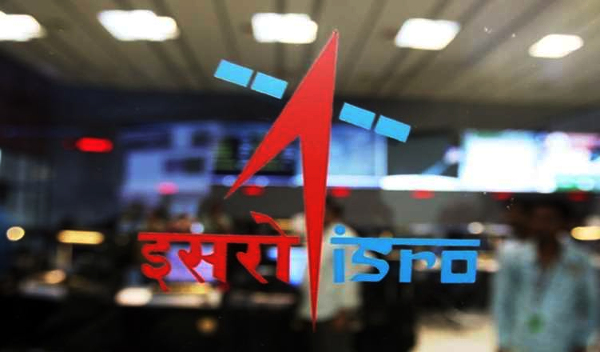BENGALURU: From how kidney stones are formed in fruit flies to study of gene markers, from heat sink functioning in microgravity to crystallisation, an expert committee set up by the Indian Space Research Organisation (Isro) has shortlisted five out of the 28 proposals it received from various institutions to send as payloads to conduct experiments in space, as part of the Gaganyaan uncrewed missions.
S Unnikrishnan Nair, director of Isro’s Human Space Flight Centre (HSFC), which is spearheading the human space programme at the agency, said that they had already signed MoUs with institutes for the five payloads that are being built.
“How many of these five will go on the first uncrewed mission and how many on the second will depend on their maturity and readiness. We’ve already signed memoranda of understanding (MoUs) with institutes that are building the five payloads shortlisted by the experts committee. Apart from these, we will be sending a radiation-measurement payload and a half-humanoid — Vyomitra — as part of the uncrewed missions,” Nair told TOI.
Isro chairman K Sivan said the space agency wants to fly Vyomitra in the first crewless mission so as to gain some knowledge on the environment and other aspects.
“…Of the five experiments shortlisted, two will be biological, and we have three non-biological payloads. The institutes we’ve signed MoUs with are: Indian Institute of Space Science and Technology (IIST), University of Agricultural Sciences (UAS) Dharwad, Tata Institute of Fundamental Research (TIFR), IIT-Patna, the CSIR Indian Institute of Chemical Technology (CSIR-IICT) and Jawaharlal Nehru Centre for Advance Scientific Research (JNCASR),” Sivan added.
Of the biological experiments, IIST and UAS together will send a payload to study “kidney stone formation in Drosophila melanogaster (fruit flies)”, while TIFR will use the same payload “to study SIRT1 gene marker effects on the fruit flies”.
As per papers published globally, the simple but elegant Drosophila melanogaster is emerging as a powerful translational model of human disease, including nephrolithiasis and may provide important information essential to our understanding of stone formation.
The study of TIFR is also important because the SIRT1 gene encodes Sirtuin 1, “a protein member of Silent Information Regulator 2 (Sir2) protein family, which has gained considerable attention as an epigenetic regulator for a great area in human physiology”. Researchers have so far found that changes in sirtuin expression are critical in several diseases, including metabolic syndrome, cardiovascular diseases, cancer and neurodegeneration.
“The other three experiments are: Study of crystallisation phenomena in microgravity by CSIR-IICT; heat sink to handle very high heat flux in microgravity by IIT-Patna and fluid mixing characteristics study in microgravity by JNCASR,” Sivan added.
Source: ToI
You may also like
-
New Heat-Based Approach To Cancer Treatment Can Reduce Chemotherapy Doses
-
Scientists Take A Major Step Towards Unification Of Classical & Quantum Gravity
-
India Graphene Engineering and Innovation Centre (IGEIC) Under the Vision of Viksit Bharat@2047 Launched
-
New High-Performance Gas Sensor can Monitor Low Level Nitrogen Oxides Pollution
-
Antidepressant Drug can be Repurposed for Treating Breast Cancer
